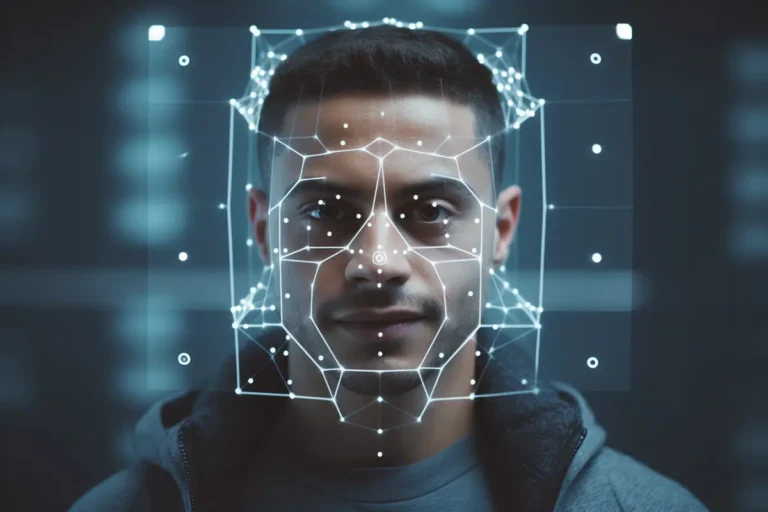In a shocking turn of events, a Texas man, Harvey Murphy Jr., has filed a lawsuit against Macy’s and the parent company of Sunglass Hut, EssilorLuxottica, over a wrongful arrest allegedly from the erroneous use of facial recognition technology. The lawsuit seeks $10 million in damages, shedding light on the potential perils of relying on facial recognition software.
Murphy’s ordeal began when he was falsely accused of armed robbery, leading to his incarceration for nearly two weeks. It was only after prosecutors verified his alibi that he was released. During his unjust detention, Murphy reportedly suffered a traumatic incident, being attacked and sexually assaulted by three individuals, leaving him with lasting physical and emotional scars.
The heart-wrenching case underscores the risks ordinary individuals face due to the increasing integration of algorithms and artificial intelligence in various aspects of our lives.
According to the lawsuit, EssilorLuxottica relied on Macy’s facial recognition tools to identify Murphy in low-quality surveillance footage from a January 2022 robbery at a Sunglass Hut in Houston. Two armed men had entered the store, threatening staff and making off with cash and sunglasses. This incident led to Murphy’s alleged involvement in the 2022 robbery and previous thefts affecting both companies.
It remains unclear why EssilorLuxottica turned to Macy’s for assistance, considering that the Sunglass Hut targeted in the robbery was located in a small shopping plaza outside downtown Houston. At the same time, the nearest Macy’s was a 10-minute drive away.
The collaboration between the two retail giants ultimately led to Murphy’s arrest when EssilorLuxottica presented the facial recognition match to Houston police. A store staff member who had witnessed the robbery identified Murphy from a photo lineup, subsequently leading to his arrest at a Department of Motor Vehicles, attempting to renew his driver’s license.
Crucially, Murphy’s attorney revealed that he had been in Sacramento, California, at the time of the robbery, not in Houston, as alleged by the facial recognition software. This alibi was later verified by his court-appointed attorney and Harris County prosecutors, who promptly dropped the charges against him.
Surprisingly, the lawsuit does not include the Houston police department as a defendant. Murphy’s lawyer, Daniel Dutko, explained that they believe the police were misled by Sunglass Hut and Macy’s, making these companies the primary culprits in Murphy’s wrongful arrest.
As the lawsuit unfolds, Murphy’s legal team aims to unravel the relationship between EssilorLuxottica and Macy’s, if any, and the guidelines Macy’s employs to assess the confidence level in a facial recognition match.
The alarming case of Harvey Murphy Jr. joins a growing list of incidents where facial recognition software has been linked to mistaken identity. Civil liberties and privacy experts have long warned against the casual use and overreliance on such technology, highlighting the potential for misidentification, racial bias, and other unintended consequences.
In recent years, government agencies like the Federal Trade Commission (FTC) have taken steps to address these concerns. The FTC has cautioned against facial recognition and artificial intelligence, citing privacy and civil rights threats. Companies such as Rite Aid and Meta have faced restrictions and legal actions related to using facial recognition technology.
As Murphy’s case continues, it serves as a poignant reminder of the profound implications of facial recognition software and the urgent need for comprehensive guidelines and safeguards to prevent such wrongful arrests and the devastating consequences that can follow.


